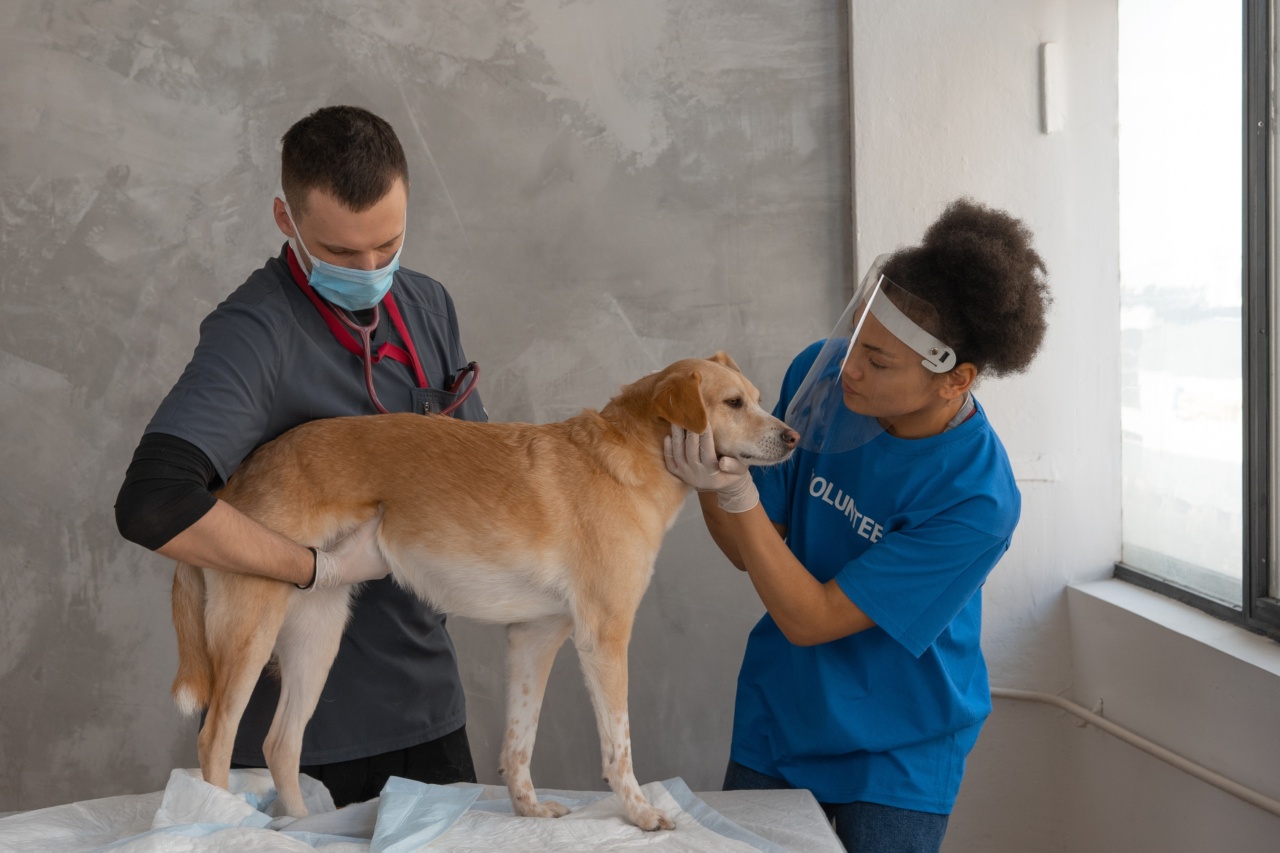As a dog owner, it is essential to be aware of the most common health issues that can affect your furry friend. Recognizing the signs and symptoms of these conditions is crucial for early detection and prompt treatment.
In this comprehensive guide, we will discuss ten of the most common dog health concerns and provide valuable insights on what you can do to address them.
1. Obesity
Obesity is a prevalent health issue among dogs and can lead to various complications such as joint problems, diabetes, and heart disease. To prevent obesity, ensure your dog maintains a healthy diet and provide regular exercise.
If your dog is already overweight, consult your veterinarian for a personalized weight loss plan.
2. Dental Problems
Poor dental hygiene can result in periodontal disease, tooth decay, and bad breath. Brush your dog’s teeth regularly and schedule regular dental check-ups. You can also provide dental treats or toys to help promote oral health.
3. Allergies
Dogs can develop allergies to various substances such as pollen, food ingredients, or flea bites. Common signs include itching, redness, and excessive licking.
Depending on the allergen, your veterinarian may recommend allergy shots, dietary changes, or medication to manage the allergies effectively.
4. Ear Infections
Ear infections are common in dogs, especially those with floppy ears. Symptoms may include ear discharge, odor, head shaking, and scratching.
Regularly clean your dog’s ears using a veterinarian-recommended cleaner and seek prompt veterinary attention if an infection is suspected.
5. Arthritis
Arthritis affects many aging dogs and causes joint pain and stiffness. Provide comfortable bedding and ensure your dog’s living environment is warm and draft-free.
Regular exercise, joint supplements, and anti-inflammatory medications prescribed by your vet can significantly improve your dog’s quality of life.
6. Skin Infections
Various factors such as allergies, parasites, or bacteria can lead to skin infections in dogs. Symptoms include itching, redness, hair loss, and skin odor.
Regular grooming, maintaining a healthy diet, and using appropriate flea and tick preventatives can help prevent these infections.
7. Gastrointestinal Issues
Dogs may often suffer from gastrointestinal problems like diarrhea, vomiting, and constipation. Maintain a consistent and balanced diet for your dog, avoid sudden dietary changes, and keep toxic substances out of reach.
Consult your veterinarian if the symptoms persist or worsen.
8. Urinary Tract Infections
Urinary tract infections (UTIs) can cause discomfort and frequent urination in dogs. Ensure your dog has access to fresh water at all times, and encourage regular bathroom breaks.
If your dog shows signs of a UTI such as accidents indoors or straining to urinate, consult your vet for diagnosis and appropriate treatment.
9. Obesity
Obesity is a prevalent health issue among dogs and can lead to various complications such as joint problems, diabetes, and heart disease. To prevent obesity, ensure your dog maintains a healthy diet and provide regular exercise.
If your dog is already overweight, consult your veterinarian for a personalized weight loss plan.
10. Anxiety
Dogs can experience anxiety due to various reasons, including separation, loud noises, or new environments.
Create a safe and comfortable space for your dog, provide mental stimulation, and consider professional training or natural calming remedies if the anxiety persists.






























